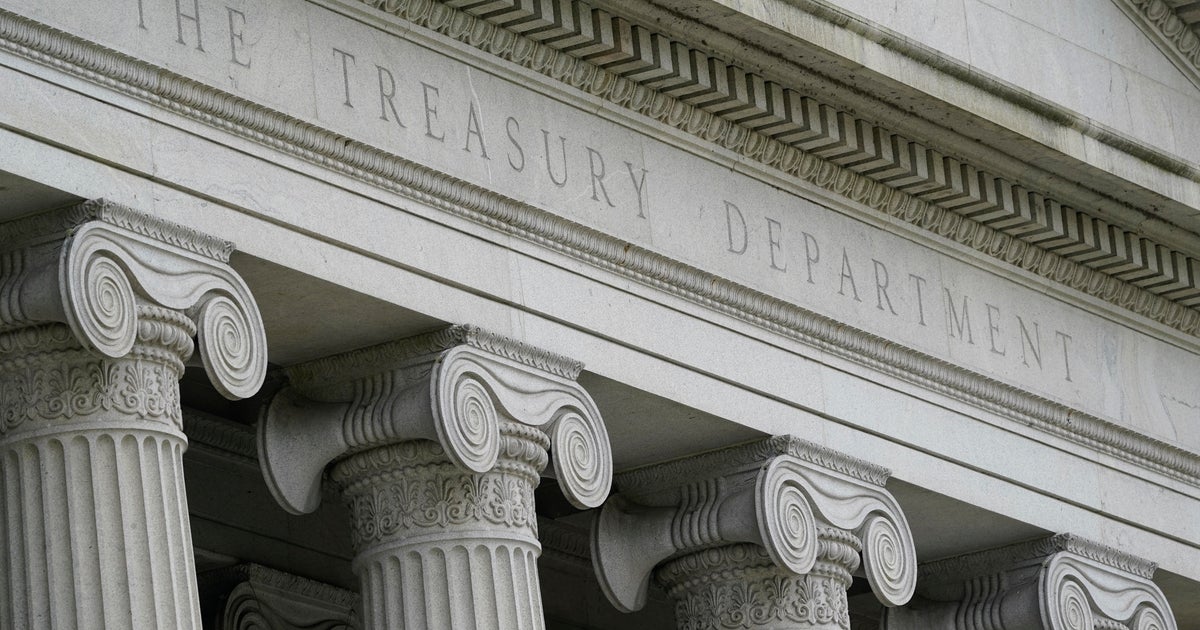The European Union (EU) has called for military restraint and a dialogue between India and Pakistan as tensions rise in the Indian subcontinent over a recent attack in India–administered Kashmir, in which more than two dozen tourists were shot dead.
It was reported in the Indian media that Indian Prime Minister Narendra Modi had authorized the Indian armed forces, "to decide on the mode, targets and timing" of India's response. Pakistan, meanwhile sounded the alarm that an Indian attack was imminent within 24 to 36 hours.
"The EU has consistently underlined the need for a peaceful solution to the situation rooted in dialogue and engagement. This is especially important in the aftermath of this terrorist attack," EU spokesperson Anouar El Anouni told DW at the daily press conference in Brussels.
"It is crucial to show restraint and refrain from military, political, economic, legal or other measures that could undermine regional stability," he said, adding that the EU hoped for channels of communication between the South Asian rivals to remain open.
Tensions rise between India and Pakistan
On April 22, gunmen dressed in military uniforms attacked tourists in the mountain resort of Pahalgam in Indian-administered Kashmir, at a popular scenic spot often described as a "mini-Switzerland." European Commission President Ursula von der Leyen posted her condolences on the social media platform X that same day.
"The vile terror attack in Pahalgam today stole so many innocent lives," she said. "Yet I know that India’s spirit is unbreakable. You will stand strong in this ordeal. And Europe will stand with you."
A lesser known Kashmiri militant group calling itself the Kashmir Resistance Front (TRF) which came into being only in 2019, the year India revoked Indian-administered Kashmir's special status, has since claimed responsibility for the attack.
But the Indian government blames Pakistan. An unnamed official told the New York Times that the TRF was a proxy of the Pakistan-based militant group Lashkar-e-Taiba, which was also accused of carrying out an attack in the Indian city of Mumbai in 2008.
The recent attack in Pahalgam has once again exacerbated tension between the two nuclear powers, both of which claim the region of Kashmir in its entirety.
EU preoccupied with Ukraine
Dr. Claude Rakisits, a visiting fellow at the Center for Strategy, Defense and Security at the Vrije Universiteit Brussel (VUB), told DW that none of the international actors had yet offered more than ceremonial diplomatic statements with regard to the escalation of tension, but that did not mean phones were not ringing in New Delhi and Islamabad.
"Publicly, they are not doing very much, but behind the scenes the Americans, China, and even EU officials must be making a lot of phone calls to make sure there is no escalation," Rakisits said.
However, he pointed out that the EU was not as big a player in the Indian subcontinent as the US and China, and at the moment was preoccupied with other issues, including thewar in Ukraine.
"The bottom line, as far as the EU is concerned, is that its priorities now lie in Ukraine, and Gaza," he said. "Often the international community, not just the EU, can only cope with one or two issues at the same time."
EU pursues Realpolitik with India
Others said that as trans-Atlantic ties suffered under US President Donald Trump and a new world order began to take shape, India had suddently acquired more significance in Brussels.
 Ursula von der Leyen visited India earlier this year and said she had instructed her team to accomplish a Free Trade Agreement by the end of 2025Image: Andrew Medichini/dpa/picture alliance
Ursula von der Leyen visited India earlier this year and said she had instructed her team to accomplish a Free Trade Agreement by the end of 2025Image: Andrew Medichini/dpa/picture alliancePramit Pal Chaudhuri, South Asia practice head at the Eurasia Group, a political risk consultancy, and fellow at the Ananta Aspen Centre of India, said India didn't expect trouble from Brussels irrespective of how it chose to retaliate to the attack in Pahalgam.
"The EU won't do anything," he told DW, explaining that business would take precedence. "As the US turns against the EU, [leaders in the EU] have realized they need to diversify trade relations, and India, although a medium level power, is set to overtake Japan as an economy."
Chaudhuri illustrated his point by drawing attention to Von der Leyen's visit to India earlier this year and her announcement to finalize a long-pending free trade agreement by the end of 2025.
He said that although Kashmir used to be an irritant in India-EU ties , this had ceased to be the case as the EU had became less interested in allegations of human rights violations in Kashmir and taken "a more Realpolitik position," particularly as it sought to diversify supply chains from China and looked at India as a possible replacement.
European Commission seeks trade deal with India
According to Rakisits, EU member states are also positioning themselves favorably to India to secure defense contracts.
"They are looking at the big picture, they don't want to alienate India as they look for big defense contracts," said Rakisits. "Look at France, it has lately signed some of the biggest defense contracts with India."
However, Chaudhuri added that recent developlments in the EU's relations with India were partly due to shared experiences in confronting terrorism. He pointed out that in this case, India was the victim and still mourning its dead. Many EU leaders have condemned the attack.
French President Emmanuel Macron said France stood firmly with India and its people in this hour of grief. "France, together with its allies, will continue the fight against terrorism wherever necessary”, he posted on X.
Edited by: Anne Thomas

 4 hours ago
5
4 hours ago
5








